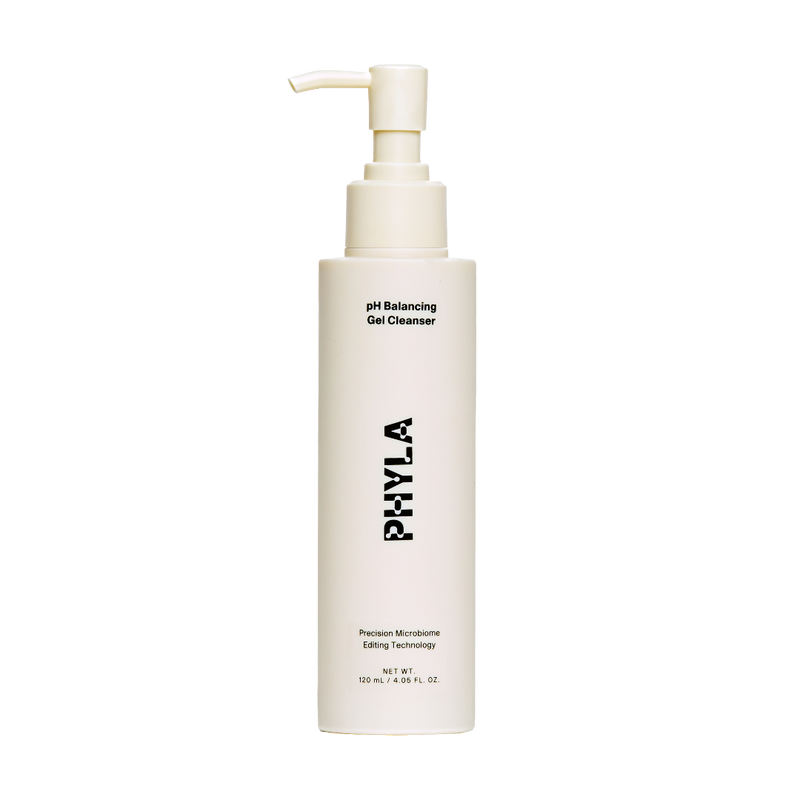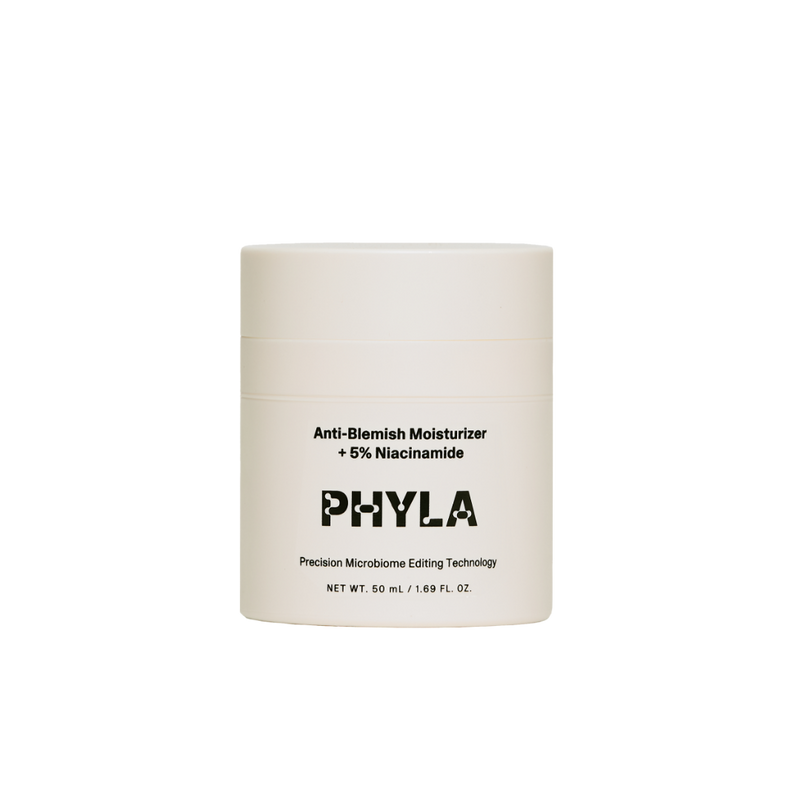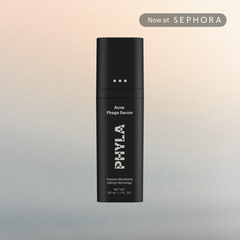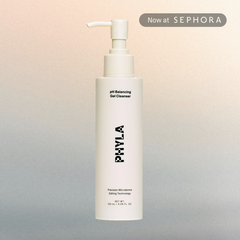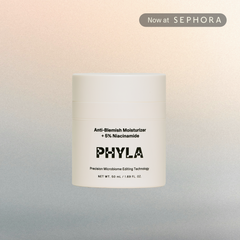Is Your Skin Sensitive or Sensitized ?

Sensitive vs. Sensitized Skin
You may be wondering “what’s the difference?” - if both sensitive and sensitized skin have similar attributes such as redness, dehydration, and irritation. Sensitive skin is caused by internal factors, while sensitized skin is influenced by external factors.
Let’s explore the factors that impact both sensitive and sensitized skin.
Sensitive Skin
For starters, sensitive skin is an actual skin type. An individual who truly possesses a sensitive skin type has always struggled with a compromised skin barrier since childhood. True sensitive skin types are born this way - and that does not change.
Sensitive skin is derived from a genetic predisposition and is more likely to experience the recurrence of inflammatory and histamine reactions. Genetically predisposed refers to a higher likelihood of developing a certain condition or trait due to inherited genetic factors. This means that an individual has a genetic makeup that makes them more susceptible to a particular disease, disorder, or characteristics.
How to determine if you have a sensitive skin type:
- Atopic Triad: this term refers to the three conditions that manifest during childhood. They include Eczema, Hay Fever, and Asthma. If an individual has all three of these conditions or 2 out of 3 - they classify as a sensitive skin type. Although psoriasis is not included in the atopic triad due to its cause being more autoimmune related - we should still treat it as if it is.
- Rosacea: a chronic skin condition that primarily affects the face, causing redness, swelling, and visible blood vessels. It often appears as a rash, which can be hot and tender to the touch. Having rosacea automatically qualifies an individual to having a sensitive skin type.
It’s essential to note that sensitive skin is not always visibly noticeable. It may not always be red and irritated. Therefore, it’s important to consult a dermatologist or trusted skin care professional to properly assess your skin.
Sensitized Skin
Sensitized skin, on the other hand, is a temporary condition in which the skin becomes sensitive due to external factors. Some of these external factors include lifestyle habits, incompatible skincare products, excessive UV exposure, recent illnesses and surgeries, and environmental factors (irritants + allergens).
Any skin type can endure the unwanted symptoms that are caused by being sensitized. Sensitization is often characterized by redness, itching, burning, and dehydration. These symptoms gradually develop overtime and can be reversed when treated accurately.
How To Heal Sensitive and Sensitized Skin
Treating sensitive and sensitized skin involves taking a holistic approach. It’s not enough to only apply topical products - although that is an important element. Taking a comprehensive approach allows us to not only address the symptoms, but also the underlying causes.
Here are some tips to help soothe and nourish your skin from the inside out:
- Eating a healthy, balanced diet that includes plenty of fruits, vegetables, and whole grains. These foods contain antioxidants, vitamins, and minerals that can help reduce inflammation and promote healthy skin.
- Stay hydrated by drinking plenty of water throughout the day. Dehydration skin is more prone to irritation and sensitivity.
- Indulging in stress-management activities to help reduce stress levels. Stress can trigger inflammation and exacerbate skin irritation.
- Get enough sleep each night, aim for at least 7-8 hours of rest.
- Protect your skin from environmental stressors, such as pollution and UV rays, by wearing protective clothing and using mineral sunscreen.
- Avoid using hot water when washing your face or showering, as it can strip your skin of natural oils and make it more prone to irritation. Instead, use lukewarm or cool water.
- Avoid using harsh exfoliants, such as scrubs or products containing alpha-hydroxy acids (AHAs) or beta-hydroxy acids (BHAs), as they can irritate sensitive skin. Instead, opt for well formulated products that include anti-inflammatory and antioxidant support.
- Finally, be gentle with your skin and avoid rubbing or scrubbing too hard when cleansing or applying skincare products. Patting or lightly massaging products into the skin can be less irritating.
Should I be Using Phyla If I Have Sensitive or Sensitized Skin?
Yes you should! In fact, our Phortify Serum and Phluff Moisturizer are ideal for sensitive and sensitized skin. They contain supportive ingredients that focus on healing your skin barrier and microbiome. However, if you are a sensitive skin type or experiencing some sensitivity at the moment, we recommend avoiding the Phresh Cleanser, which contains 2% Salicylic Acid.


